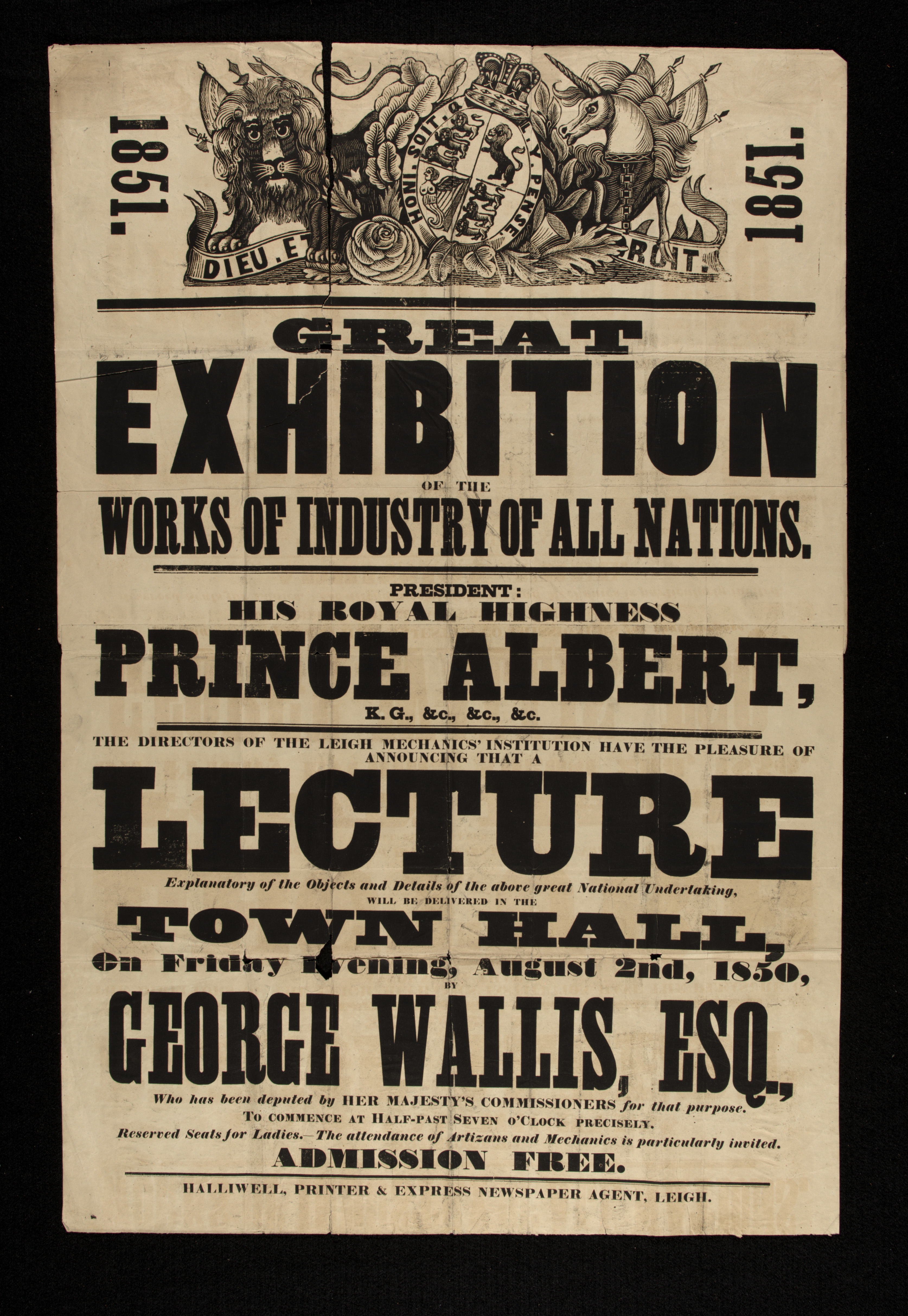History & Archive
History
The Royal Commission for the Exhibition of 1851 was established in 1850 with Prince Albert as its President, to organise the Great Exhibition. The Exhibition was a huge success and when it made a surplus of £186,000 the Commission was granted a supplemental charter extending its existence in perpetuity in order to disburse the profits. Under Prince Albert’s guidance the Commissioners purchased an estate in South Kensington. This estate has developed to become a centre of scientific, cultural and educational excellence which now houses the Natural History, Science and V&A museums; Imperial College London; the Royal Colleges of Art and Music; and the Royal Albert Hall.
The Commission has been awarding fellowships and scholarships ‘to increase the means of industrial education and extend the influence of science and art upon productive industry’ since 1891. Previous holders of these prestigious awards include 13 Nobel Laureates and many more have gone on to become eminent in their field.
The Crystal Palace and the Great Exhibition by Hermione Hobhouse (ISBN 9780826478412) was written to chart the history of and celebrate 150 years of the Commission’s work.

Archive
View archive catalogueThe Archive of the Royal Commission for the Exhibition of 1851 records the work of the Commission from 1849 when Prince Albert, as President of the Society of Arts, conceived the idea of holding a Great Exhibition in London in 1851, to the present day. It covers all aspects of the Great Exhibition, the development and management of the Commission’s estate in South Kensington and the Commission’s award schemes. Much of the Commission’s Archive relating to the Great Exhibition has been digitised as part of the Prince Albert: His Life and Legacy project, carried out by the Royal Collection Trust in partnership with the Stevenson’s Family Charitable Trust and the Royal Commission for the Exhibition of 1851 and is available at https://albert.rct.uk/.
The catalogue to the Commission’s Archive is available online.
Enquiries can be made by email royalcom1851@imperial.ac.uk. Visits to consult the Archive are by appointment only.

